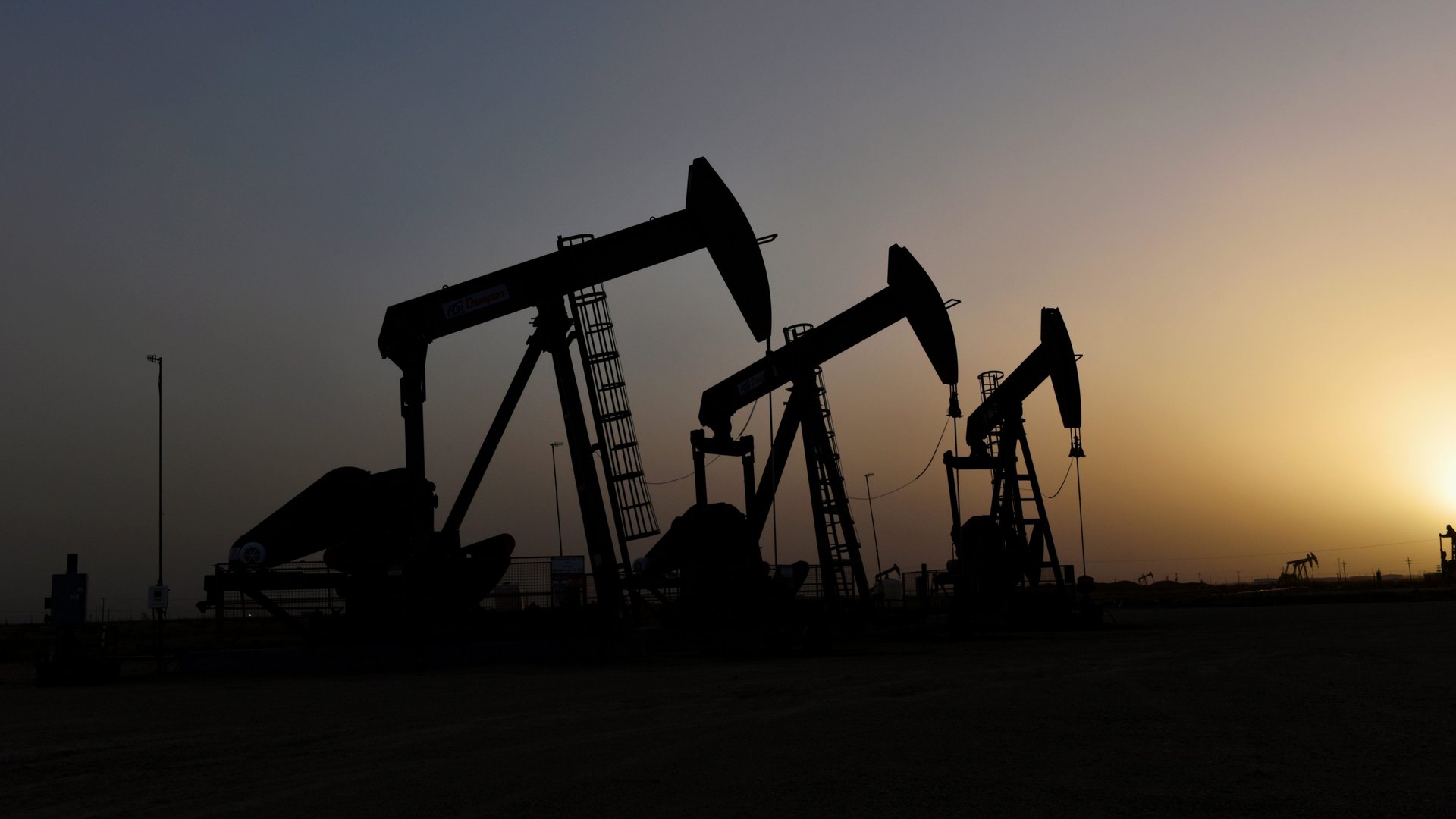Russia’s oil price war could spark corporate defaults in the US
Russian officials have wounded the US shale industry by starting a full blown oil price war. While the standoff could cause enduring damage to the American energy sector, some analysts think the price war is temporary.


Russian officials have wounded the US shale industry by starting a full blown oil price war. While the standoff could cause enduring damage to the American energy sector, some analysts think the price war is temporary.
Shares for Houston-based oil and gas companies like Apache and Occidental Petroleum plunged more than 50% yesterday after an oil-pumping frenzy erupted: Russian authorities, with an eye on the US energy industry, reportedly refused to agree with their Opec partners on a production cut to stabilize oil prices. Saudi Arabia retaliated by slashing its official prices and signaling that it will crank up output. The stakes are getting higher as Saudi Arabia’s state-owned oil company pledged today a massive ramp up in production.
Benchmark oil prices plunged more than 20% yesterday, the largest one-day drop since the Gulf War in 1991, sparking pandemonium in equity and bond markets around the world. Brent crude rose about 6% to $37 a barrel in London trading this morning.
Many American companies that specialize in extraction from shale and fracking are vulnerable because they are highly indebted. Energy exploration and production firms have $86 billion of debt coming due between now and 2024, and much of it is junk rated, according to Moody’s Investors Service. Those companies have to repay their borrowings or find a way to refinance. That could be difficult for a host of oil executives as energy prices drop, hurting revenue and profit, and as credit markets get tighter, making it harder to raise funds.
Bonds of Antero Resources were heavily traded yesterday, according to MarketAxess data. The yield on the Denver-based company’s notes that are due November 2021 jumped as much as 3.7 percentage points relative to similar-maturity Treasuries, signaling growing investor concern about the company’s creditworthiness. Bond yields increase as their price falls.
The US energy industry has been a powerful tailwind for creating jobs, sucking in workers from around the country and even the rest of the world. And while lower energy prices can put some extra money in consumers’ pockets, a series of energy company defaults would put a substantial number of laborers out of work. The chief executive at Pioneer Natural Resources told the Wall Street Journal yesterday that half of the publicly listed exploration and producing companies could go bankrupt (paywall) in the next two years.
Perhaps fortunately for the US industry, analysts at JPMorgan think Saudi Arabia’s price war with Russia is temporary. Both countries, as well as the American shale industry, will suffer at oil prices lower than $45 per barrel, they wrote, although Russia can likely afford lower prices than Saudi Arabia.
Furthermore, JPMorgan’s analysts don’t think the Saudi Kingdom can sustain oil prices below $60 a barrel for an extended time, which could push officials back to the bargaining table: “We view Saudi’s apparent capitulation on production quotas as temporary measure designed to realign Opec+ members’ ambitions.”